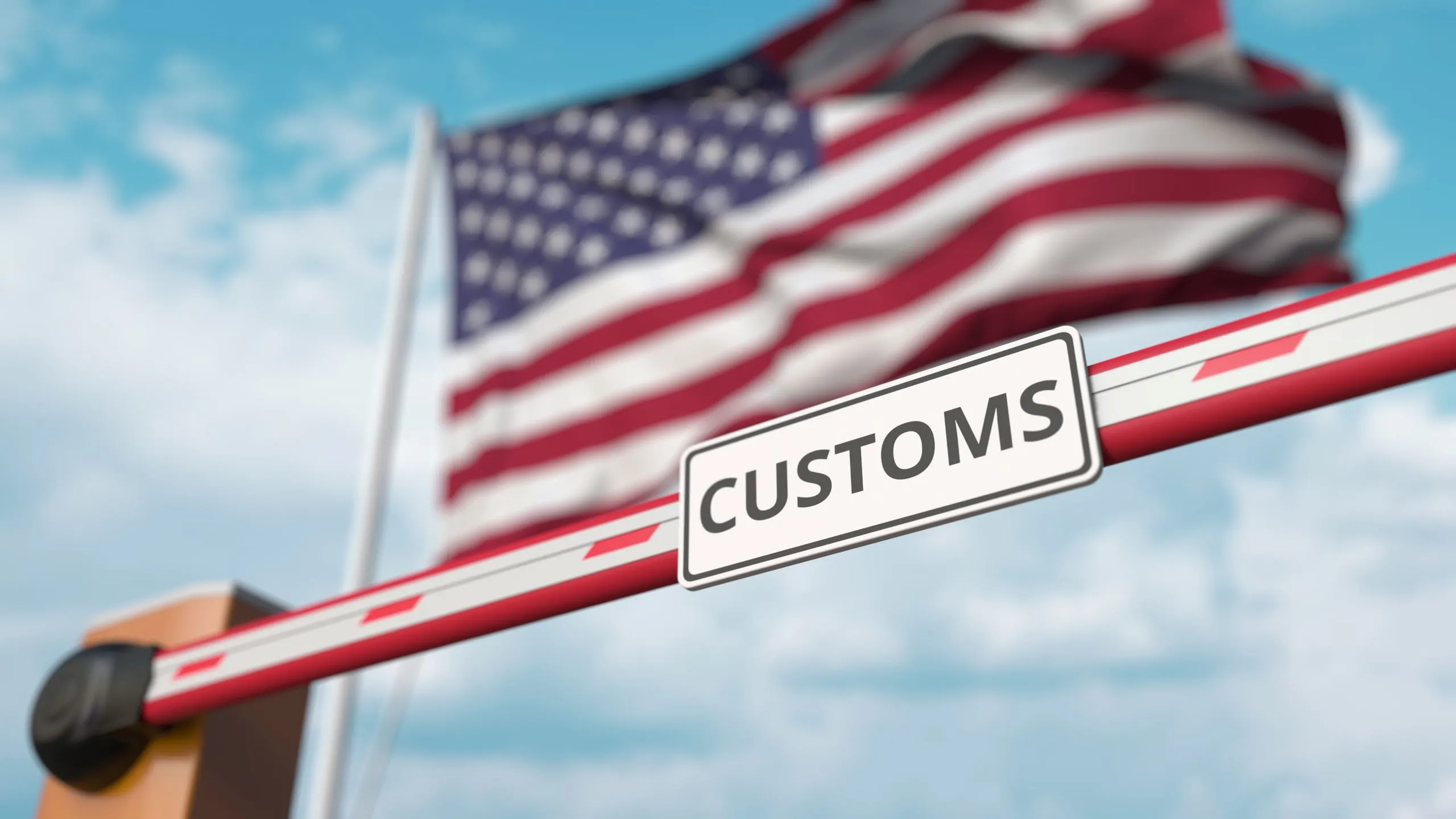Entrepreneurs’ desire to conduct business on a global scale also brings with it the wish to establish companies abroad, a step shaped by the country of choice, the sector of operation, and the goals in mind. It can be said that the processes of setting up a company and obtaining a VAT number in Europe are among the topics that entrepreneurs are most curious about. At this point, understanding the differences between establishing a company in Europe and obtaining a VAT number is of great importance for those aiming to start a new business abroad. Let’s explore the details together!

What is a VAT number?
The VAT number (Value Added Tax), often referred to as a consumption tax, is a crucial topic for those considering establishing a business abroad. As the international equivalent of VAT, this number represents a tax collected on the added value at each stage of the supply chain. It can vary across each European Union country and is vital for the taxation of companies.
Firms conducting trade outside the EU must also obtain this number. This tax, collected on every product sale, is a legal requirement for companies, and failure to pay it can result in the suspension of business operations and the cancellation of sales permits. Having a VAT number offers many advantages, such as facilitating collaborations with large firms and invoicing processes.
How to obtain a VAT number?
First, applications must be submitted to local tax authorities using the correct forms. The applications should include business-related documents, documents showing the authority of the legal representative, and details about the planned activities. After submission, the process must be closely monitored, and any additional inquiries should be responded to promptly.
Each country’s tax system varies. Communicating with the tax authority and preparing the necessary documents are important steps for those looking to obtain a VAT number. For example, it may be required to complete the application form specified by the tax authority and submit it along with the requested documents. This process involves the review and approval of the application.
Advantages of obtaining a VAT number
For an entrepreneur looking to do business in Europe, obtaining a VAT number is extremely important. The advantages of obtaining a VAT number are as follows:
- Having a VAT number for your sales in Europe is a necessity for doing business and competing in this market. Attempting to sell without obtaining a VAT number could result in losing the opportunity to sell in Europe.
- In some cases, you are required to have a VAT number to ship products to Europe. If you do not have this number, you may not be authorized to ship your products from Turkey to Europe.
- Some marketplaces in Europe may require a VAT number for you to operate as a seller. By obtaining this number, you can fulfill your tax obligations and establish tax liability.
- A VAT number helps you conduct secure tax payments when doing business with other companies in Europe. This prevents tax evasion and ensures fair trade between countries.
Establishing a company in Europe and obtaining a VAT number are key steps to enhancing your ability to compete on the international stage. These two steps help your business expand and reach new markets while increasing your growth potential. Gathering the correct documents and following the necessary steps will allow your business to operate successfully in Europe. Therefore, carefully managing these processes is an important step that will contribute to the international growth of your business.
How to establish a company in Europe?
Establishing a company in Europe involves several steps. First, market research and creating a business plan are necessary. This stage aims to reach the right target audience by accessing demographic information in the target country. Next, the type of company is selected, based on factors such as the amount of capital and the number of employees.
The process includes legal regulations, obtaining a tax number, opening a bank account, registering with the trade registry, and collecting other legal documents. Since each country may have different legal procedures, it is crucial to comply with local laws. For a successful company establishment, all documents must be gathered completely and accurately.
Advantages of establishing a company in Europe
Establishing a company in Europe offers several key advantages. These benefits enable businesses to expand, facilitate trade, and take advantage of various incentives. The ability to trade easily in the country where the company is established and across European Union member states provides businesses with broader market access. Additionally, establishing a company offers the opportunity to live and work in Europe, making it possible to obtain temporary or permanent residence permits.
In this context, tax advantages are also significant. Setting up a company abroad offers the chance to gain exemptions from certain taxes and benefit from government grants and incentives, helping reduce costs and enhance growth potential. Furthermore, establishing a company allows for optimizing storage and logistics costs, enabling operations to run more efficiently and at lower prices.
The advantages may vary from country to country, but the opportunities offered by establishing a company abroad generally enhance businesses’ ability to compete globally, while providing the chance to reach new markets and grow their operations.
Differences between establishing a company in Europe and obtaining a VAT number
There are clear differences between establishing a company in Europe and obtaining a VAT number. When setting up a company, the necessary documents form the foundation of the business. These documents include the company name, details of the owners and directors, the registered address, and the trade registry entry. Documents such as the “Memorandum of Association” and “Articles of Association,” which define the company’s business activities, are also required. Opening a business bank account is the final step in the establishment process.
On the other hand, the documents required for obtaining a VAT number are mainly intended to define tax obligations. These documents include your domestic VAT certificate, incorporation documents, records proving taxable transactions, and documents identifying the authorized signatory. It may also be necessary to provide contracts, invoices, and other documents to verify taxable transactions. Additionally, it should be noted that these documents often need to be in the language of the respective country.
These documents, tailored to different needs, are specialized for establishing a company and fulfilling tax obligations, both of which form the legal foundation of the business. Providing the correct documents carefully at this stage will make the processes more organized and smooth.
If we were to outline the differences between establishing a company in Europe and obtaining a VAT number point by point:
Obtaining a VAT Number:
- Tax office application stage: You can request a VAT number by applying to the tax office in the country where you operate.
- Gather necessary documents: During the application, the required documents for obtaining the VAT number must be submitted. These typically include company information and activity-related documents.
- Submit regular declarations: Businesses subject to VAT are obligated to submit tax returns at regular intervals.
Establishing a Company:
- Register with the trade registry: The company is registered with the trade registry in the country of operation.
- Establish vision and mission: Define the company’s goals, objectives, organizational structure, and management.
- Obtain a tax number: This establishes the company’s tax obligations.
- Open a bank account: A business account is opened, and transactions are conducted through this account.
- Legal compliance process: The business ensures compliance with all legal requirements in the country where it operates.





